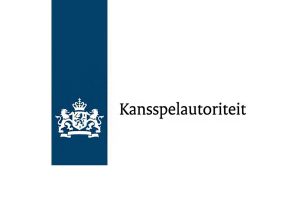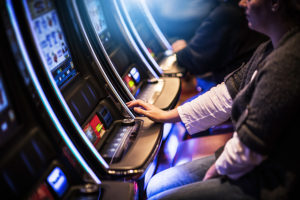55,000 women use Gamstop self-exclusion tool in UK

The provider has seen an increase in the number of women gamblers using the tool.
UK.- The self-exclusion provider Gamstop has announced that there are now more than 55,000 women using its tool to self-exclude from gambling sites in the UK.
The milestone was reached as the responsible gambling operator GamCare reports that the number of women experiencing gambling problems is increasing at twice the rate of men, but that only 1 per cent contacted the National Gambling Helpline for assistance.
See also: UK to host world’s first gambling treatment centre for women
Gamstop CEO, Fiona Palmer, said: “As we begin to understand the demographic make-up of our register it is important to feed back to the various support agencies and work together to encourage those women who have registered with Gamstop to access the help they may need going forward.
“50,000 female registrants is a significant number and we are pleased that they have found the Gamstop self-exclusion scheme and that it is a useful practical tool to help with their gambling issues.”
Anna Hemmings, CEO of GamCare, said: “We must get to grips with the unnecessary shame and stigma women feel around asking for help with gambling. Gambling is not just a male activity, and it can affect women in significant, potentially life-changing ways.
“Our dedicated Women’s Programme has told us that we need to remove barriers for women to access help with gambling related harm – the issues that women are facing are often hidden from support services.
See also: HSBC extends gambling block cooling-off period
Gamstop said that the number of women self-excluding via the service had risen notably since the start of the Covid-19 pandemic. The proportion of users who are women has increased from 25 per cent in March 2020 to 31 per cent in December.
The National Gambling Treatment Service has also seen an increase in the number of women receiving treatment, up from 19 per cent of cases in 2015/16 to nearly 25 per cent in the 12 months ending March 2020.
Lisa Walker, a problem gambling counsellor who has been in recovery from gambling addiction herself for more than two years, also said: “There is such a big stigma that women don’t gamble, which isn’t accurate. What I have found is that women don’t feel that they can talk about their addiction, with it often being seen as a male issue.
“I have spoken with many women who don’t feel they can go to support meetings, and I find it so upsetting that somebody could feel that way, as though they can’t even seek help.
“I hope things change and if we can increase the visibility of women who are recovering in the media, that could make a big difference.”











